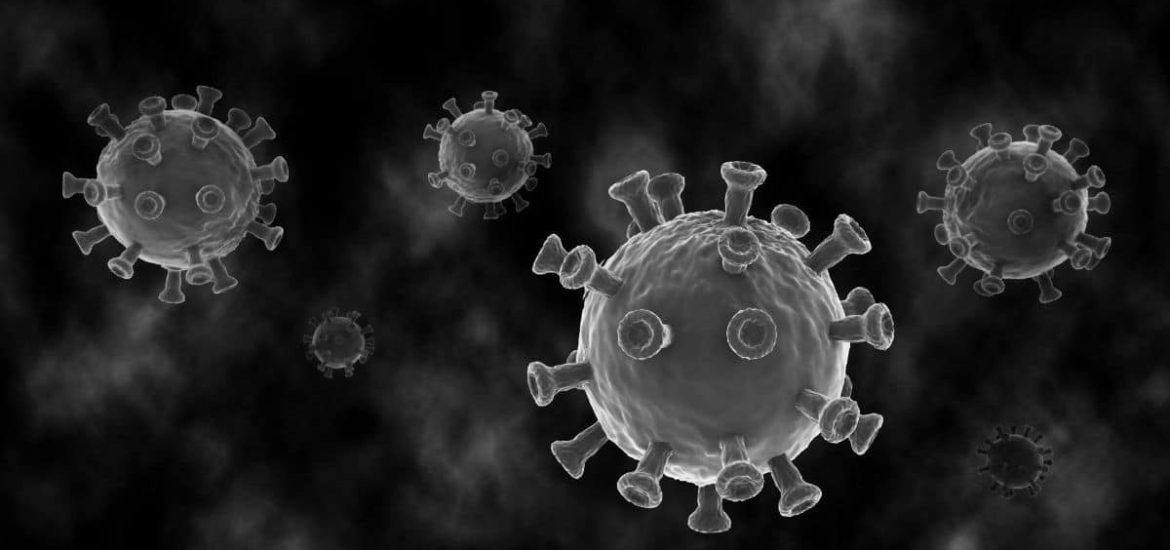
People who test positive for the novel coronavirus (SARS-CoV-2) but never develop symptoms may carry as much of the virus in their nose, throat, and lungs – and for nearly as long – as those with symptoms, according to a new study published on 6 August in JAMA Internal Medicine (1).
Through mass testing, researchers in South Korea were able to identify both asymptomatic and symptomatic individuals. Those who tested positive remained in isolation at a community treatment centre between March 6 and March 26 in Cheonan, Korea until they tested negative – without the opportunity to spread the virus and during this time – and were continuously monitored during this time.
The team analyzed samples from 193 symptomatic and 110 asymptomatic people and found that around 30 per cent of those infected with the coronavirus never develop symptoms but are more than likely still spreading the virus. This is in keeping with 40 per cent figure quoted by Dr Anthony Fauci, director of the US National Institute of Allergy and Infectious Diseases, last week in a television interview. However, scientists are still unable to say how many, if any, of these silent carriers will actually pass on the virus.
Interestingly, most asymptomatic patients were not virus-free until around 17 days – compared 19 or 20 for those with symptoms – which is longer than the isolation period recommended by most countries. Although other studies suggest people may only shed the live coronavirus for around eight days (2).
The lack of coughing sneezing might mean asymptomatic coronavirus carriers are less efficient transmitters. Nonetheless, the findings certainly suggest they could be unknowingly spreading the virus, experts say. At the same time, those without symptoms are more likely to go about their daily routine while unwittingly infecting others, which might help explain why the virus has been so difficult to contain.
The incredible pace at which the virus has spread around the world has been perplexing and has led many experts to question whether asymptomatic cases do transmit the infection, which was previously considered inconsequential – other viruses can spread without symptoms but the asymptomatic transmission is typically negligible.
This latest study is the first to distinguish between truly asymptomatic coronavirus infections – carriers never display symptoms – and pre-symptomatic infections – those that do go on to develop symptoms later. A study of coronavirus infections in mainland China, also published last week, showed that pre-symptomatic cases, indeed, play a role in transmission (3).
Moreover, another small study published a week earlier found that Infected children have at least as much of the coronavirus in their noses and throats as infected adults but might only have mild symptoms such as cough or fever (4). And those under five years old may have up to 100 times as much of the virus in the upper respiratory tract as adults.
The findings suggest that widespread testing could help limit the size of outbreaks depending on how much asymptomatic cases do contribute to transmission.
(1) Lee, S. et al.Clinical Course and Molecular Viral Shedding Among Asymptomatic and Symptomatic Patients With SARS-CoV-2 Infection in a Community Treatment Center in the Republic of Korea. JAMA Internal Medicine (2020). DOI: 10.1001/jamainternmed.2020.3862
(2) Perera, R.A.P.M et al.SARS-CoV-2 Virus Culture and Subgenomic RNA for Respiratory Specimens from Patients with Mild Coronavirus Disease. Emerging Infectious Diseases (2020). DOI: 10.3201/eid2611.203219
(3) Ren, X. et al. Evidence for pre‐symptomatic transmission of coronavirus disease 2019 (COVID‐19) in China. Influenza and Other Respiratory Viruses (2020). DOI: 10.1111/irv.12787
(4) Heald-Sargent, T. et al. Age-Related Differences in Nasopharyngeal Severe Acute Respiratory Syndrome Coronavirus 2 (SARS-CoV-2) Levels in Patients With Mild to Moderate Coronavirus Disease 2019 (COVID-19). JAMA Pediatrics (2020). DOI: 10.1001/jamapediatrics.2020.3651
https://jamanetwork.com/journals/jamapediatrics/fullarticle/2768952